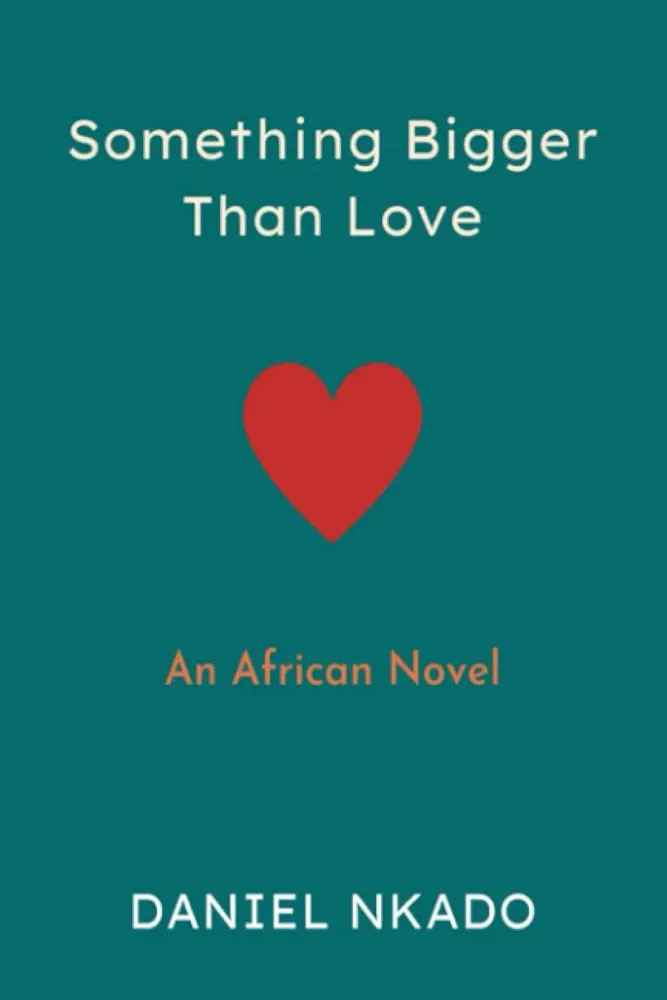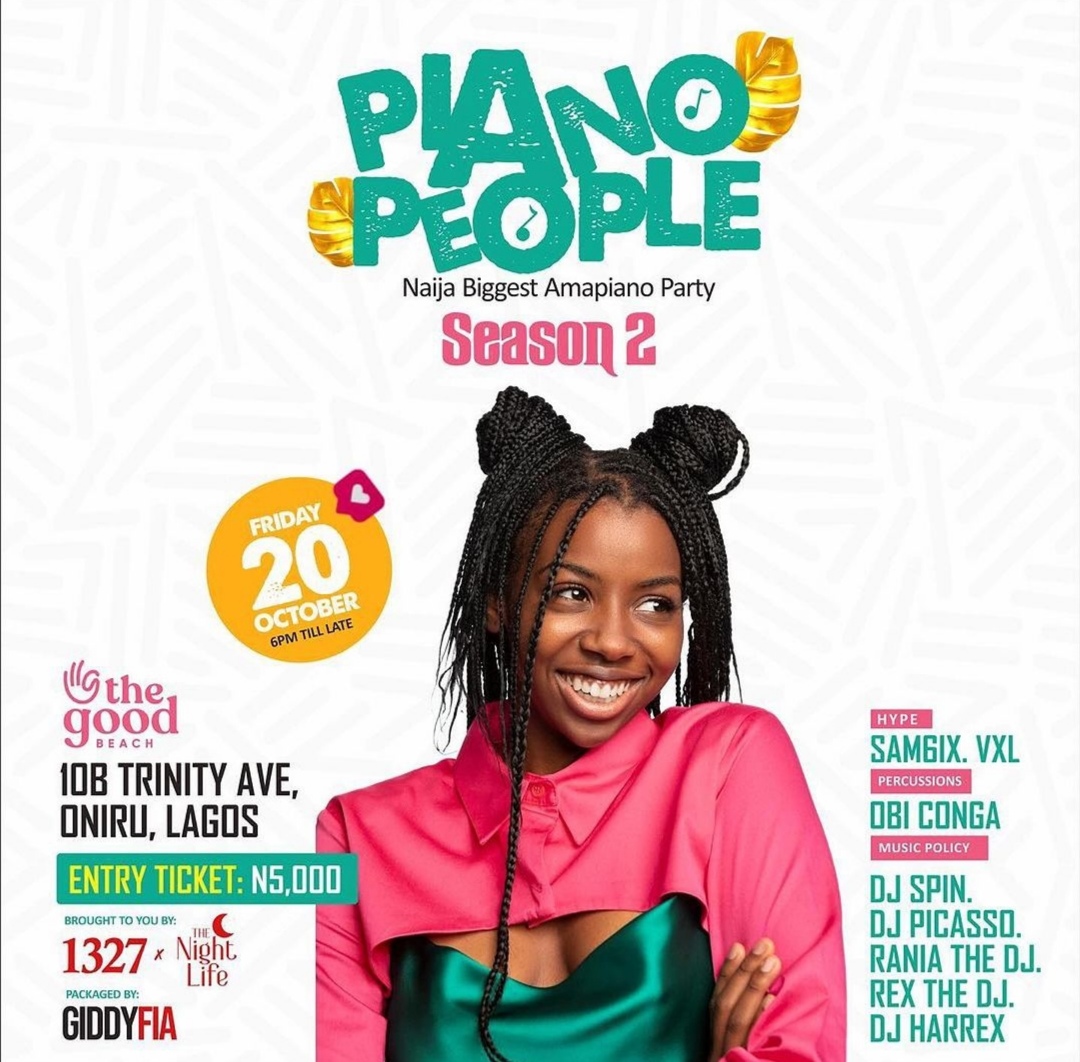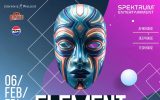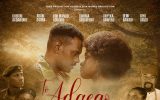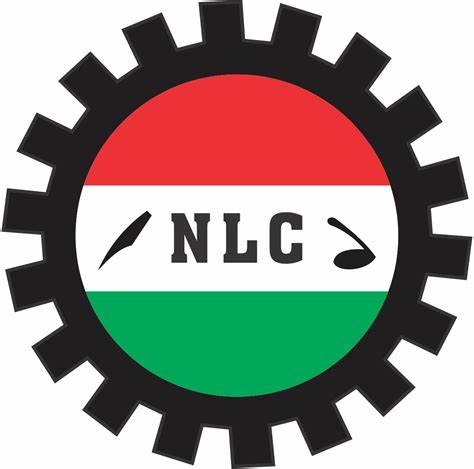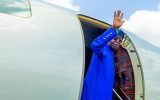The awakened interest in books and reading the sessions has galvanised is already evident: many people can be seen these days clutching a book or reading intently at a street corner or inside a bus. Patronage in bookstores and libraries, some proprietors testify, is also picking up.
The city of Ibadan was the centre of Nigeria’s literary awakening during the 1960s. The establishment of the University of Ibadan in 1948 and the activities of the students in the school contributed immensely to the growth in literary interactions. Writer-students such as Chinua Achebe, Christopher Okigbo, JP Clark and Wole Soyinka held informal literary discussions, often debating recent works by one of the students or articles from the Horn, a literary magazine founded in 1960, edited by JP Clark and funded by Martin Banham There were also informal workshops organized by lecturers such as Ulli Beier, a German editor and scholar of phonetics, for students.
The Mbari Artists and Writers Club was the first and most popular meeting place for new writers, dramatist and artists, to meet and perform their work. It was founded in 1961, by Ulli Beier and Ezekiel Mphalele. J P Clark described the club as a place “where you could meet people of like mind, where you could get a play performed.” Wole Soyinka did the premiere of Song of a Goat, where he played the lead, in the club. He also did the premiere of The Raft in which a special performance was dedicated to the Senegalese President Leopold Senghor – a poet also, who was visiting at the time. A second club, Mbari-Mbari was opened in Oshogbo by Duro Ladipo and Ulli Beier.
These gatherings were usually dogged by the political upheavals which overshadowed the climate of the ‘60s and 70s. Chidi Amuta author of Prince of the Niger: the Babangida Years noted that this period was “the politicization of the Nigeria literary imagination.” The political class, the writers discovered, had abandoned most of the promises that the struggle for independence held. There was widespread disillusionment among the populace. This made the political class the object of ridicule among Nigerian writers. Works such as Path of Thunder (1965 – 66), A Man of the People (1966) by Christopher Okigbo and Chinua Achebe respectively highlighted the political tensions of the period. The military takeover of 1966, according to Oyeniyi Okunoye a literary scholar, worsened the situation. “The decadence of Nigerian military regimes elicited appropriate literary responses.”
The military regime thus began to take keen interest in the gatherings and soon began to clamp down on them and intimidate writers through threats and imprisonment. J P Clark in an interview recalled how he and Christopher Okigbo were attacked by soldiers attached to the government in a street in Ibadan in 1965. After the book A Man of the People was published in 1966, Chinua Achebe the author and his family had to run to Port Harcourt to escape the military personnel sent after him. Although the fervency waned and the meetings became less frequent, the writers did not stop writing. They recorded their experiences in various books and poems for instance Sunset in Biafra (1973), a novel by Elechi Amadi, The Man Died (1972) by Wole Soyinka, Beware Soul Brother (1972), a collection of poems by Chinua Achebe, and Casualties (1970) J P Clark’s collection of poem on the Civil War.
The Association of Nigeria Authors (ANA), founded in 1981 by a coalition of writers led by Chinua Achebe, was a major step towards reviving the literary meetings in the 80s. For the first time, there was a unified platform for writers across Nigeria. As the country’s main literary association, ANA held a monopoly on literary meetings for many years.
However, the advent of book clubs such as the Rainbow Book Club (launched in 2004), the Abuja Writers Forum (2008), the Ibadan Book Club (2012) and Pulpfaction (2012) has established a new paradigm for literary events as well as broken the ANA monopoly. The literary community – writers, readers and book lovers – no longer have to wait long for a major literary festival before they converge. The activity of the book clubs provides the solution. Book readings now make it possible for the literati to meet almost every weekend in different locations across the country.
The majority of book readings take place in bookstores. Debonair Bookstore, for instance, has hosted all nineteen editions of Book’N’Gauge, a monthly reading session (Chika Unigwe, author of On Black Sisters’ Street, was the guest author at the most recent session on January 25). Books Ville in Ikoyi has hosted a few readings.
The Writer’s Gig Eko is a monthly reading session organised by Griouts Lounge which usually holds at the Patabah Bookstore. The session that held on February 16, 2013 hosted Andrew Eseimokumo (author of Bonfires of the Gods, Nze Sylva Ifedigbo (The Funeral Did Not End), who moderated the session, Efe Paul (poet and author of Spoken Word), and Ofor Aluka (poet and author of The Loudest Silence I Ever Heard).
Similarly, Word Up, a spoken word event organized by i2X Media, has featured several poets and occasionally plays host to entertainment celebrity appearances. The third edition of the event which held on February 16, 2013 (themed ‘Da Love Thing’ in recognition of Valentine’s Day) had Toni Payne (a top artist manager) and Fatimah Ibrahim (a notable radio station anchor) in attendance. The size of the audience often varies but it doesn’t usually affect the performance of the experienced guest author.
Reading sessions provide opportunities for peer reviews. Part of the audience of most reading sessions is authors who come to support and interact with the guest author. These peer interactions help shed light on areas in the book whose meaning may not be clear. Aspiring writers and authors can also use reading sessions to bring attention to their works by reading from them during break times. Reading sessions have also become one of the platforms through which semi-retired older writers interact with their much younger audience.
Importantly, reading sessions are in keeping with the mandate of reawakening a reading culture that has been taken on by several literary agencies in the country. One such example is the Get Nigeria Reading Again initiative of Rainbow Book Club which started in 2008. It features prominent Nigerian authors who come to read and inspire secondary school students. ZODML an NGOg, also holds similar programs such as the Catch Them Young, CATHY, reading sessions during which authors are invited to read their books to a gathering of book-loving primary school students.
As the days wear on, we expect that many more reading sessions will be held across the country. The awakened interest in books and reading the sessions has galvanised is already evident: many people can be seen these days clutching a book or reading intently at a street corner or inside a bus. Patronage in bookstores and libraries, some proprietors testify, is also picking up. Emmanuel Iduma author and co-founder of Iroko Publishing note that there has been significant increase in book patronage which can be attributed to book readings. This is partly because people tend to be attracted to the sight of interactive congregants in a bookstore. In essence, reading sessions are also changing the way we interact with our libraries and bookstores.
————————
Op-ed pieces and contributions are the opinions of the writers only and do not represent the opinions of Y!/YNaija.








